Projects
At any one time, PML is undertaking around 100 research projects with science and interests stretching from local to global, from lakes to oceanic environments. We collaborate in research projects across the world, and the length and breadth of the global ocean from the poles to the tropics. Our strategic research feeds into national and international strategies such as for the UK and other governments or regulators, and maps onto strategies of public sector bodies, space agencies, charitable foundations and philanthropists, NGOs and industry.
Here you can find a selection of our current projects:

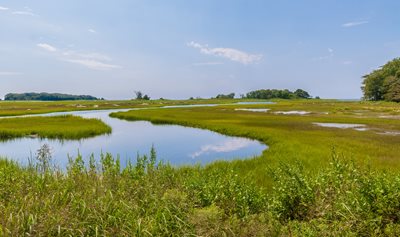

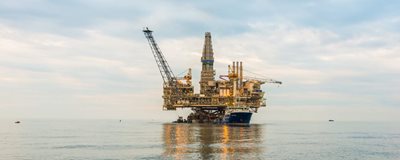
Monitoring Integrated Digital Support Tool - for CO2 and hypersaline brine monitoring applied to UK
Project start: September 2023
Active project
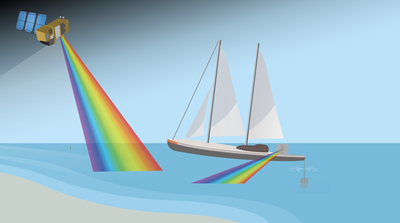
HyperBOOST - Hyperspectral Bio-Optical Observations Sailing on Tara
Project start: June 2023
Active project
ProBleu: Promoting ocean and water literacy in school communities
Project start: June 2023
Active project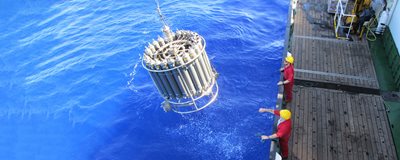
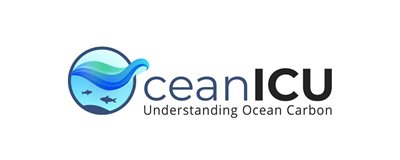
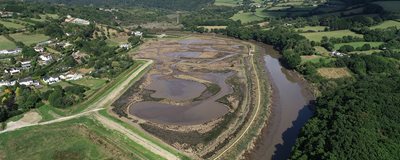
Environmental Monitoring at Calstock flood defence improvement scheme
Project start: November 2022
Active project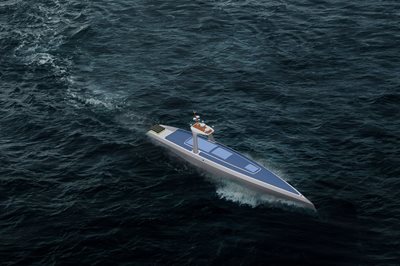
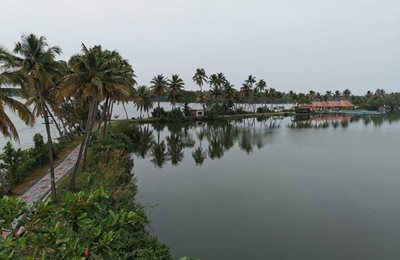
WADIM: Water-Associated infectious Diseases in India: digital Management tools
Project start: September 2022
Active project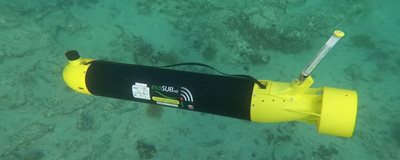
Smart AUVs for detection and quantification of greenhouse gas seepage in the oceans
Project start: September 2022
Active project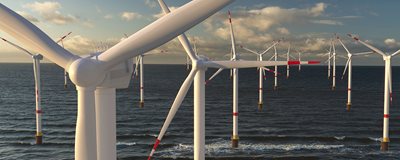
EcoNex - The marine energy, biodiversity and food nexus
Project start: August 2022
Completed project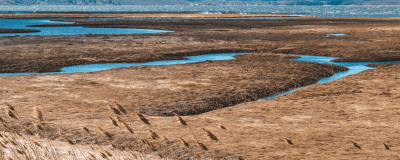
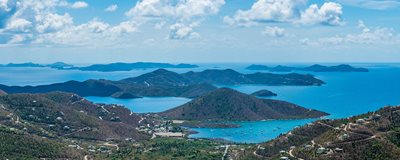
FOCUS: Future States of the global Coastal ocean: Understanding for Solutions
Project start: July 2022
Active project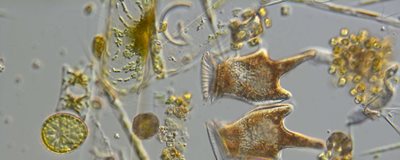
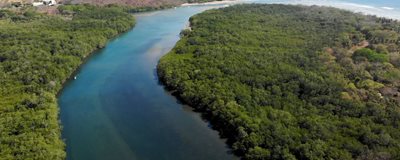
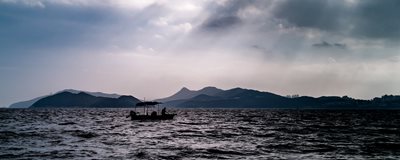
TerraFIRMA: Future Impacts, Risks and Mitigation Actions in a changing Earth system
Project start: April 2022
Active project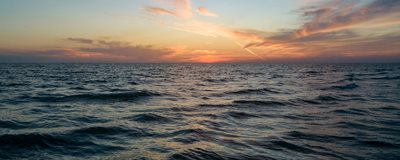
Biodiversity in the Open Ocean: Mapping, Monitoring and Modelling (BOOMS)
Project start: February 2022
Completed project